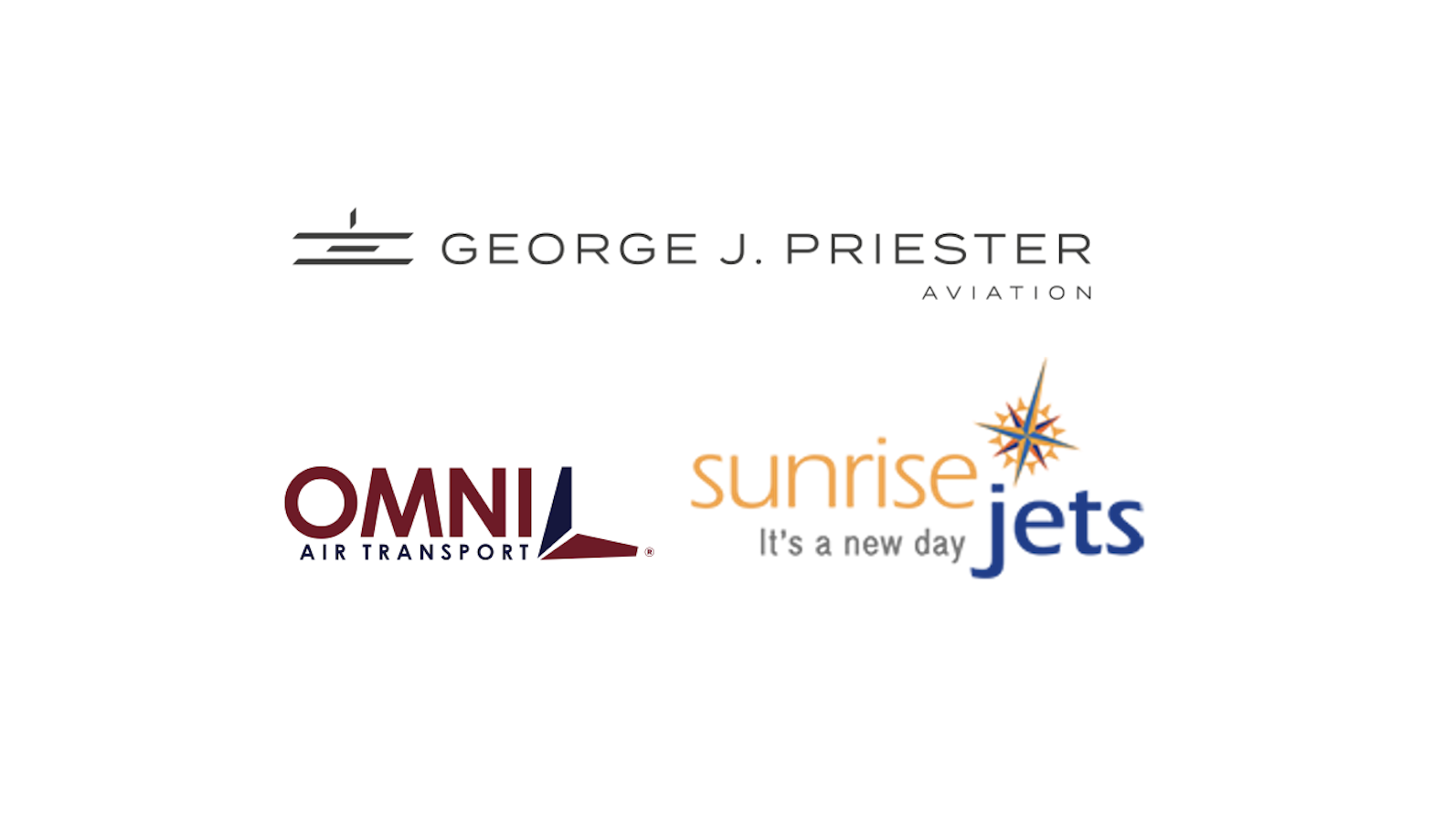

Chicago-based Part 135 charter operator Priester Aviation has renewed its IS-BAO Stage 3, ARGUS Platinum, and Air Charter Safety Foundation (ACSF) certifications.
These, plus its Wyvern registration, put Priester among a select group of private jet operators that hold ratings from all four safety analysts.
“Achieving the highest levels of safety accreditation takes tremendous rigor and resources,” says Kurt Humm, Priester Aviation Vice President of Safety and Quality. “Adhering to these definitive standards demonstrates our ongoing dedication to not just maintaining a strong safety culture, but continuously building upon it.”
Priester first achieved IS-BAO certification in 2010, reaching its highest level – Stage 3 – in 2014. The certification verifies that safety management activities are fully integrated into operations and that a positive safety culture is sustained.
It also renewed the ARGUS Platinum Rating, the highest level of the ARGUS Audit Standard.
Priester is a founding member of the ACSF, and once again renewed the ACSF Industry Audit. It verifies adherence to the organization’s operational, maintenance and safety management system standards and best practices.
“Everyone talks about the importance of safety, but we put actions behind our words,” says Andy Priester, Chairman and CEO. “Meeting globally recognized standards of excellence increases passenger confidence and keeps us at the top of our game. We don’t say we’re the best. We prove our value.”
Priester offers its Centerline jet card from regional bases starting at 10 hours.